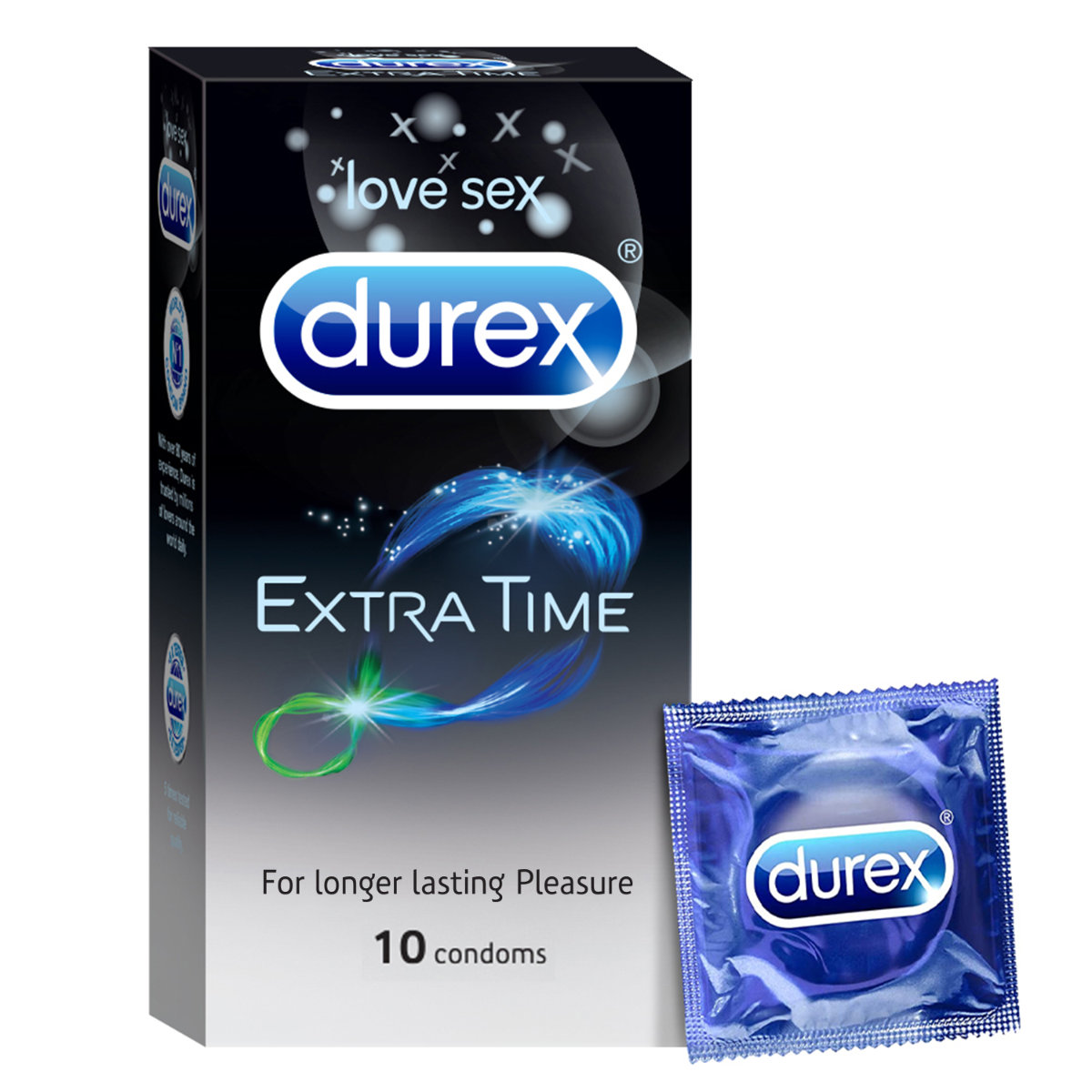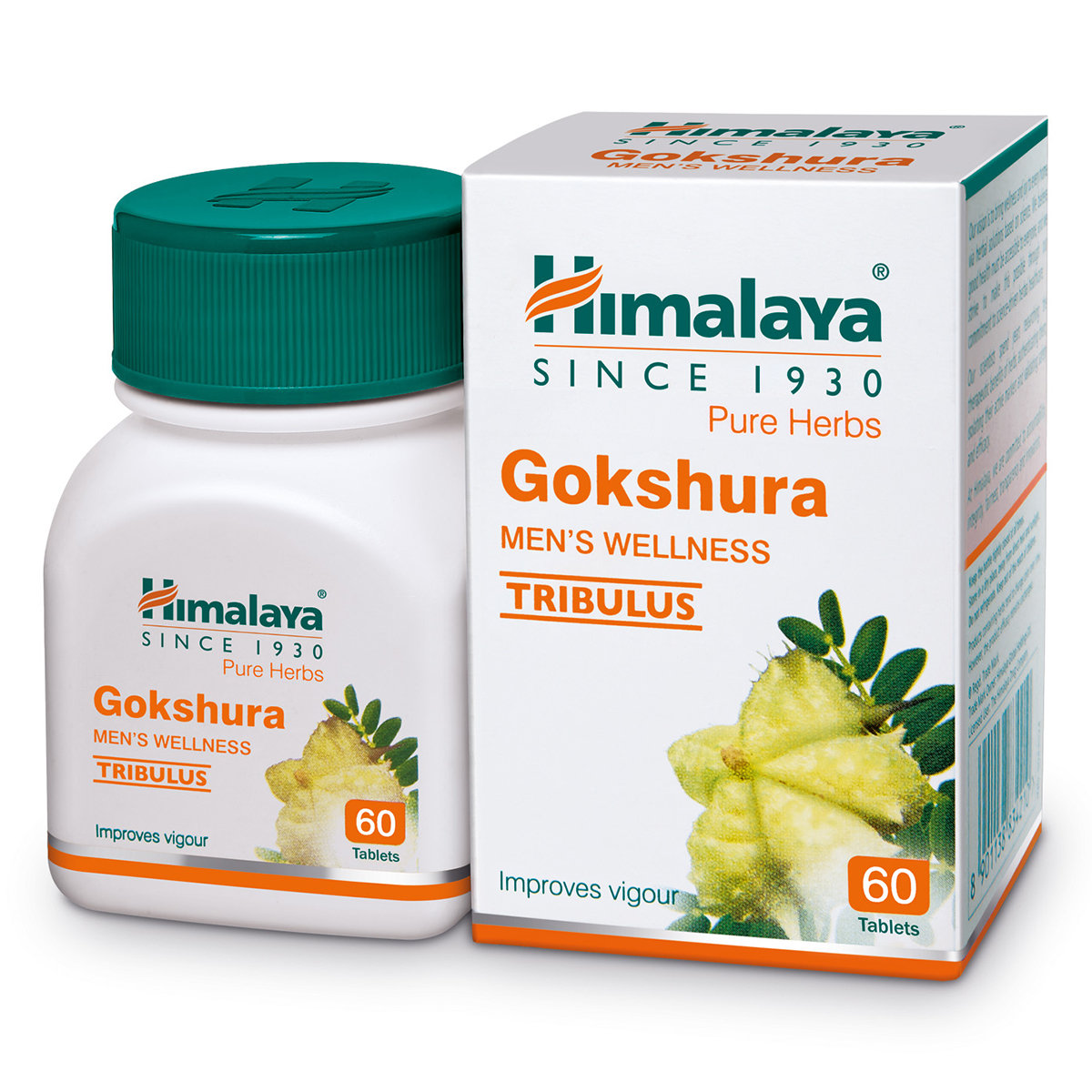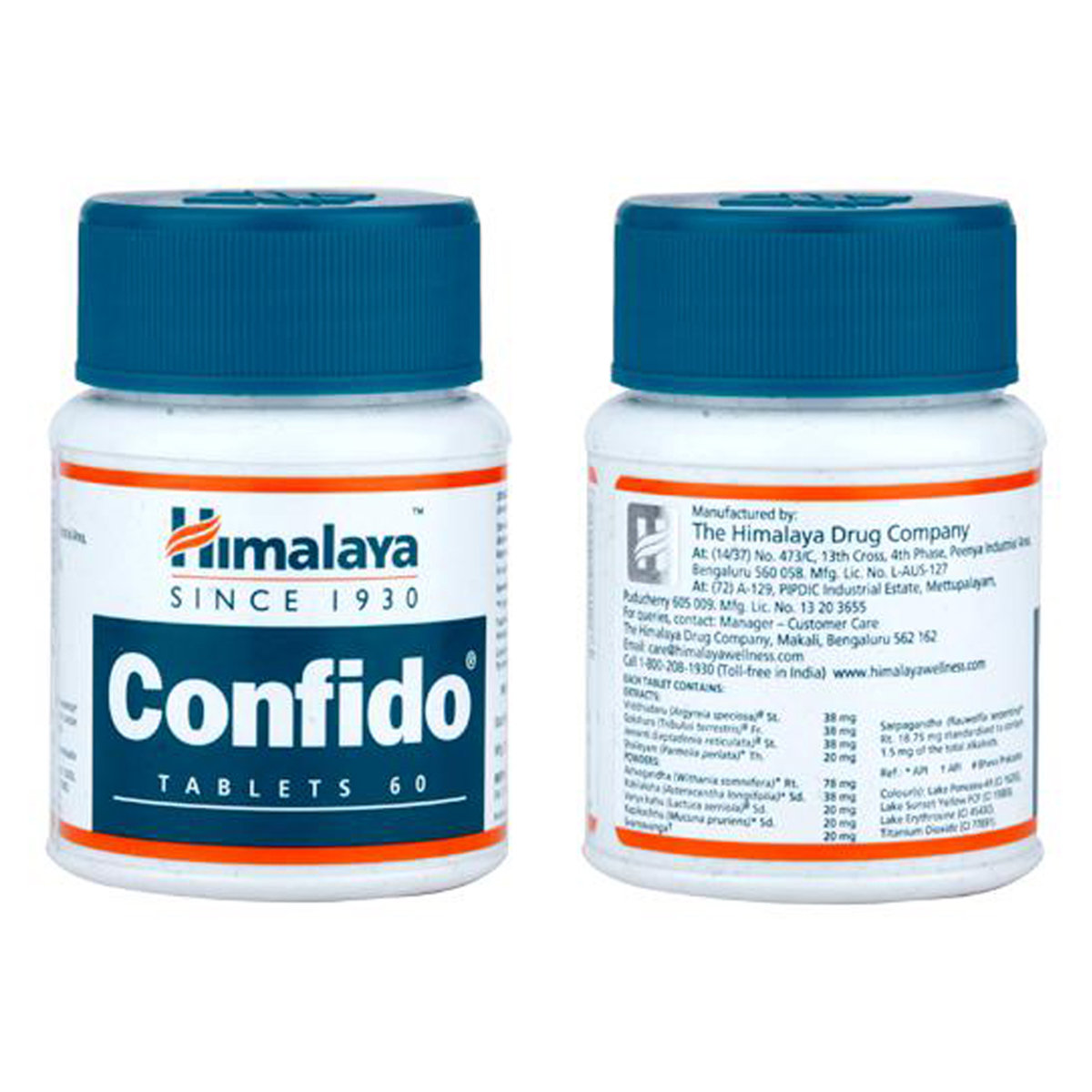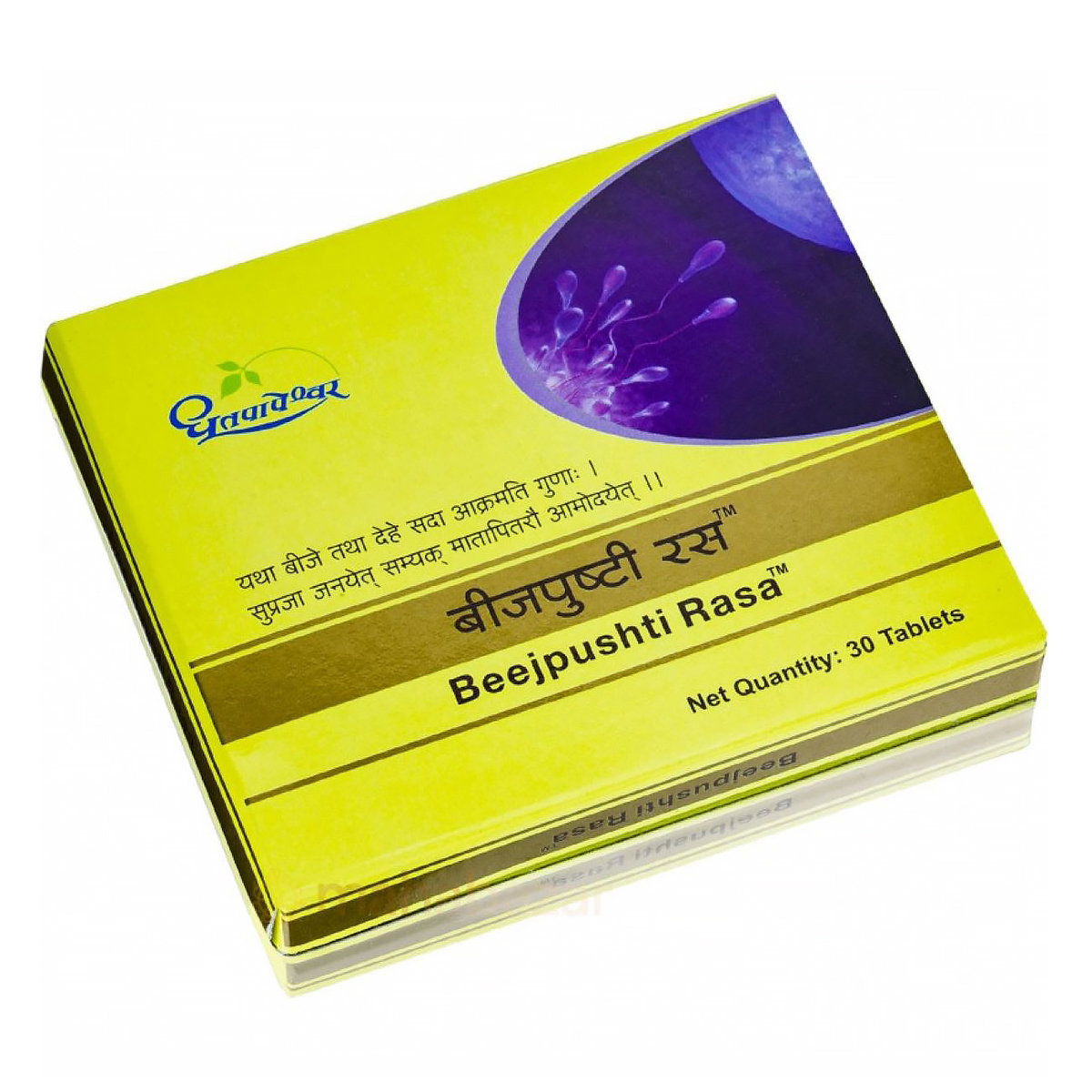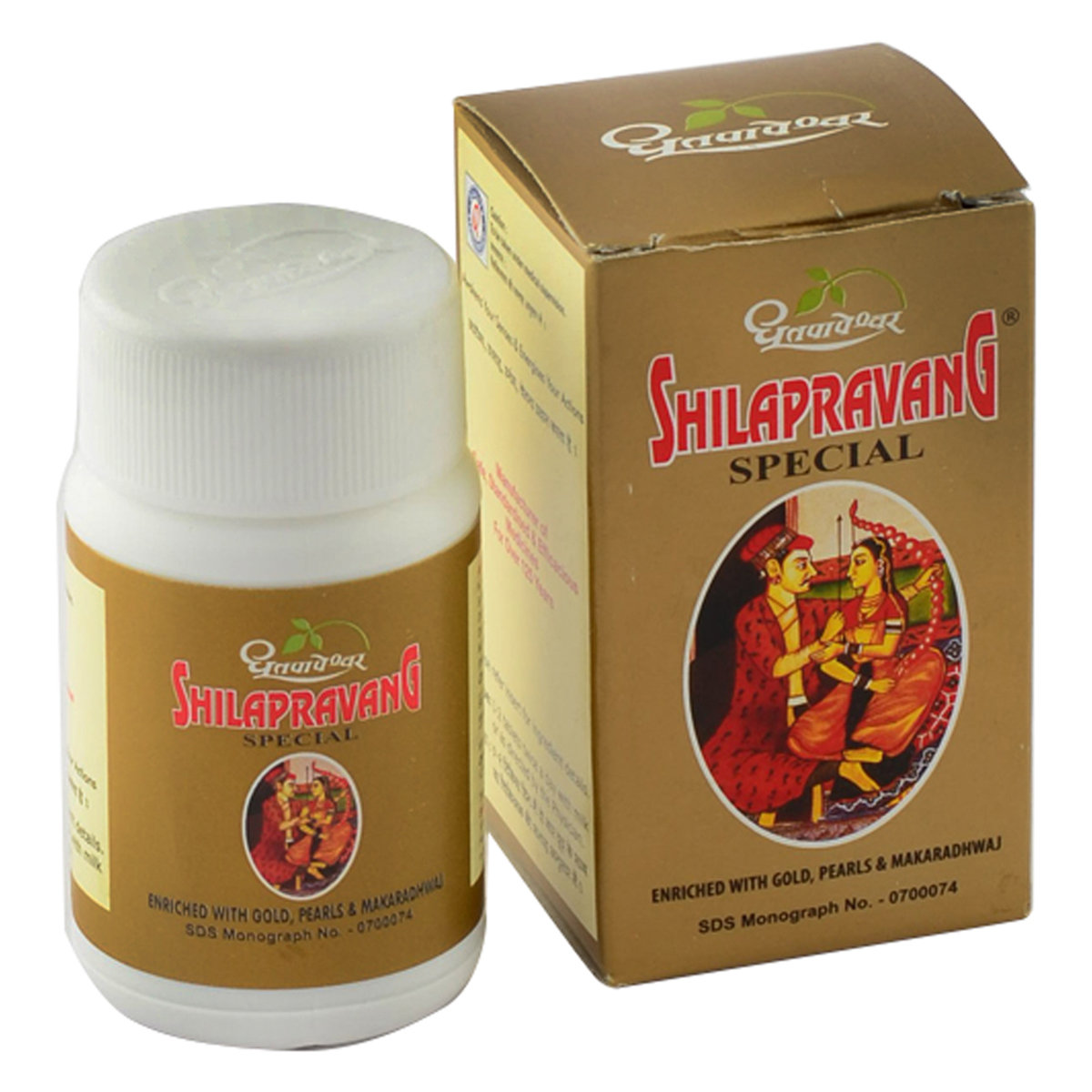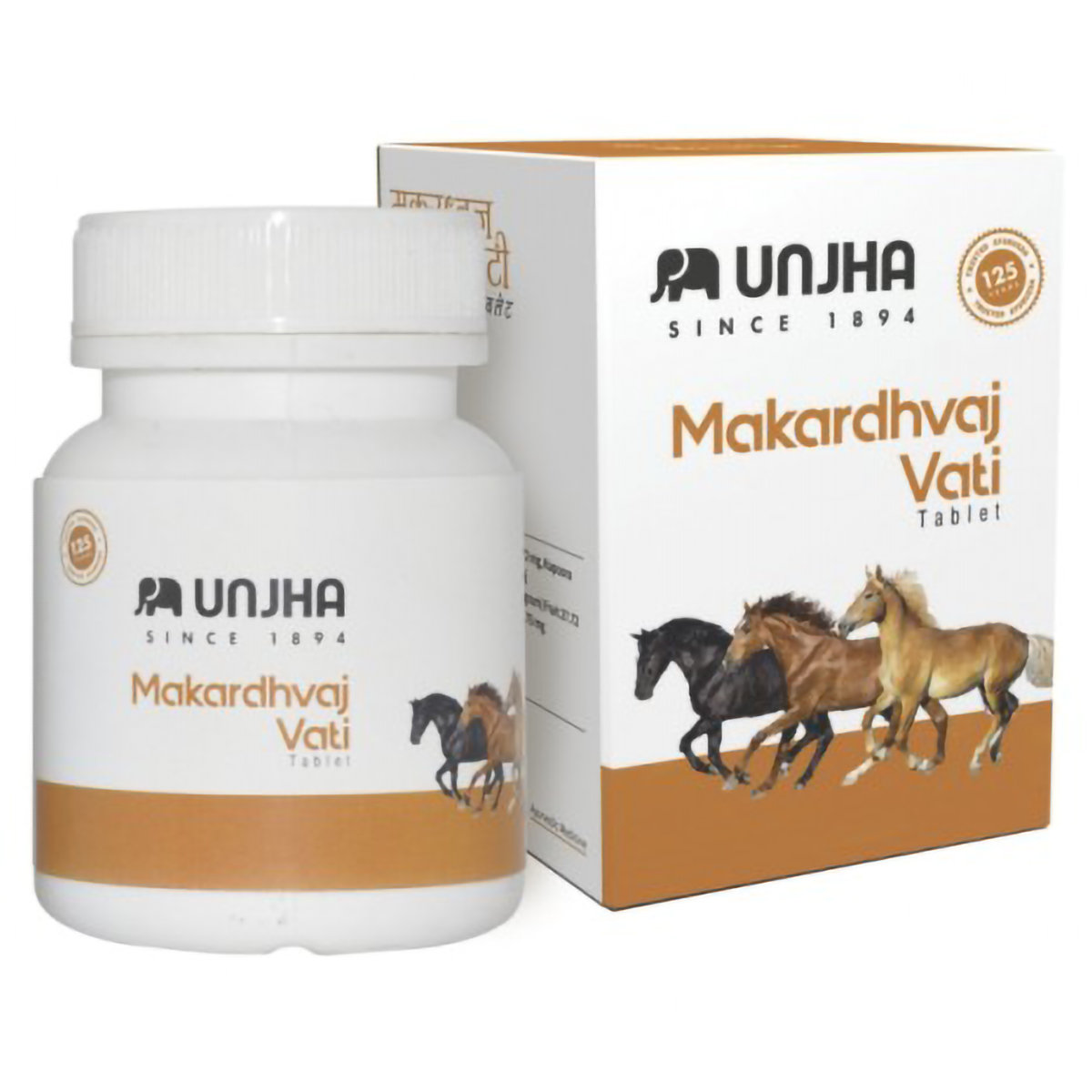TAMCONTIN 0.2MG TABLET


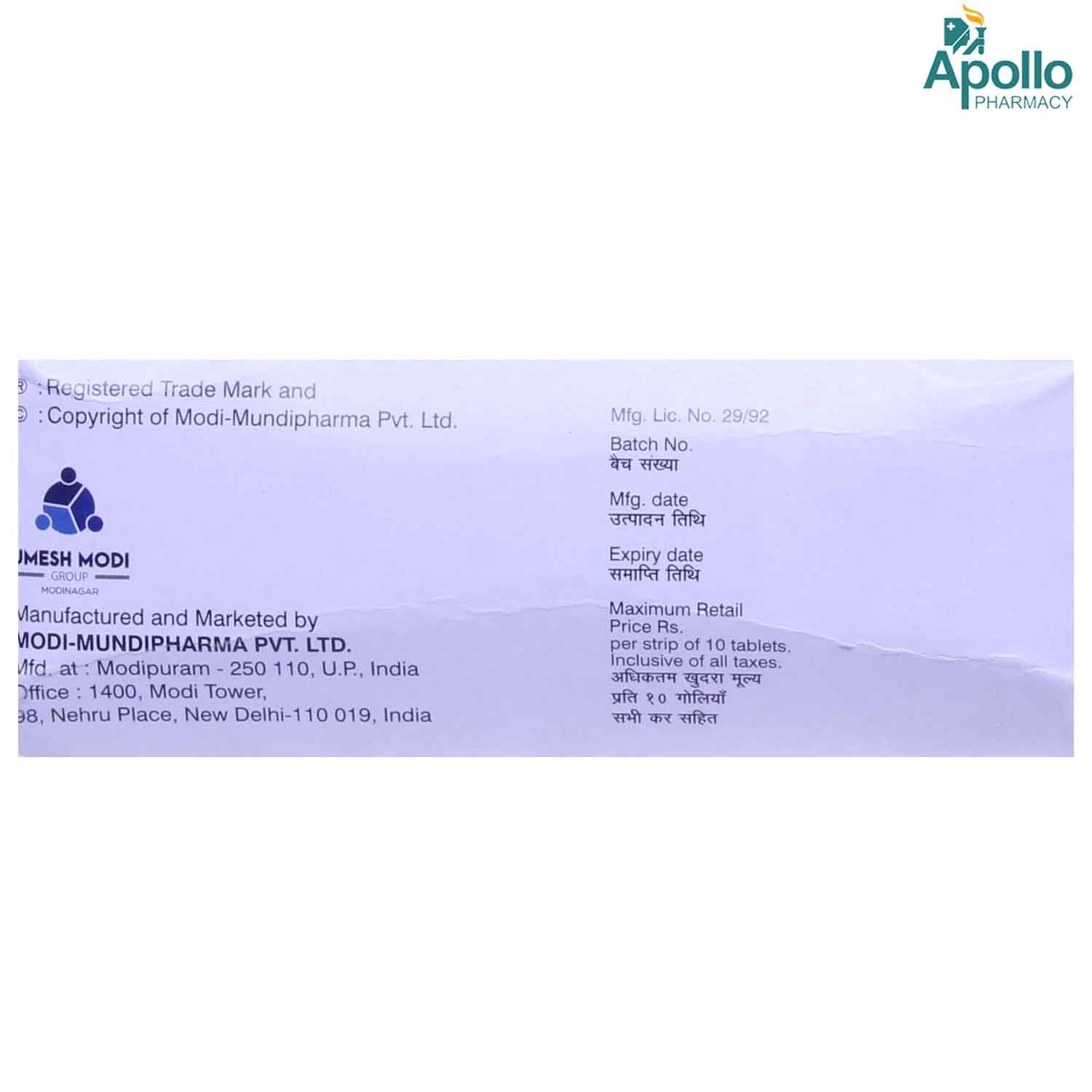
MRP ₹140
(Inclusive of all Taxes)
₹21.0 Cashback (15%)
TAMCONTIN 0.2MG TABLET is used to treat benign prostatic hyperplasia (BPH), which is an enlarged prostate, and urinary bladder outlet obstruction. It contains Tamsulosin, which helps relax the muscles in the prostate and bladder, making it easier to urinate. This medicine can help relieve symptoms like difficulty urinating or frequent urination. Common side effects may include low blood pressure, dizziness, drowsiness, reduced sex drive, erection problems, breast tenderness in men, and sleep problems. Before using TAMCONTIN 0.2MG TABLET, tell your doctor if you're allergic to any of its ingredients and mention any other medicines you’re taking or health conditions you have.
Know Your Delivery Time
Provide Delivery Location

Secure Payment

India's Most Trusted Pharmacy

Genuine Products
Composition :
Manufacturer/Marketer :
Consume Type :
Return Policy :
Expires on or after :
About TAMCONTIN 0.2MG TABLET
TAMCONTIN 0.2MG TABLET is an alpha-blocker medication used primarily to treat Benign Prostatic Hyperplasia (BPH), also known as an enlarged prostate, and urinary bladder outlet obstruction. It works by relaxing the muscles in the prostate gland and urinary bladder neck, helping to improve urine flow and relieve symptoms like difficulty passing urine and frequent urination. BPH is a non-cancerous enlargement of the prostate caused by excess production of the hormone dihydrotestosterone (DHT).
TAMCONTIN 0.2MG TABLET contains Tamsulosin hydrochloride, a prodrug that is converted into its active form in the intestine. It specifically targets the smooth muscles in the prostate gland, which makes it easier for men to pass urine. By relaxing these muscles, TAMCONTIN 0.2MG TABLET effectively reduces the symptoms of BPH and helps improve urinary function.
Common side effects of TAMCONTIN 0.2MG TABLET include low blood pressure (hypotension), dizziness, drowsiness, reduced libido, impotence, breast tenderness or enlargement (in men), insomnia, runny nose, and ejaculatory issues. These side effects often improve with continued use, but if they persist or worsen, it is important to contact your doctor.
TAMCONTIN 0.2MG TABLET is not suitable for women or children. Before starting the medication, inform your doctor if you have any history of low blood pressure, liver or kidney disease, or heart problems. It’s also important to use a condom during sexual intercourse while taking TAMCONTIN 0.2MG TABLET, especially if your partner is pregnant, as the medication can be passed through semen. Do not donate blood while using TAMCONTIN 0.2MG TABLET; you can resume after six months of the last dose. Additionally, be cautious when driving or operating machinery, as TAMCONTIN 0.2MG TABLET can cause drowsiness or dizziness.
Uses of TAMCONTIN 0.2MG TABLET
TAMCONTIN 0.2MG TABLET is used in the treatment of Benign prostatic hyperplasia (BPH). The detailed uses of TAMCONTIN 0.2MG TABLET are as follows:
- Benign prostatic hyperplasia (BPH) treatment: TAMCONTIN 0.2MG TABLET helps to relieve symptoms of enlarged prostate, such as difficulty urinating, painful urination, and urinary frequency and urgency.
- Improving urinary flow: TAMCONTIN 0.2MG TABLET improves urine flow in men with enlarged prostate by relaxing prostate and bladder muscles, reducing obstructive urinary symptoms.
- Reducing urinary retention: TAMCONTIN 0.2MG TABLET can help in making it easier to empty the bladder and reduce urinary retention after surgery or in cases of an enlarged prostate.
- Facilitation of urological procedures: In some cases, TAMCONTIN 0.2MG TABLET may be prescribed before urological procedures to manage urinary symptoms and improve outcomes.

Have a query?
Directions for Use
- Take TAMCONTIN 0.2MG TABLET 30 minutes after the meal or as advised by a doctor.
- Recommended to take once a day or as advised by your doctor.
- Swallow the medicine as a whole with a glass of water.
- Do not crush, break, or chew it.
Medicinal Benefits
- TAMCONTIN 0.2MG TABLET contains Tamsulosin (an alpha-blocker), which is primarily used to treat Benign Prostatic Hyperplasia (BPH), or an enlarged prostate in males.
- It is a prodrug, which means it gets converted into its active form (Tamsulosin) in the gut.
- TAMCONTIN 0.2MG TABLET helps alleviate urinary issues like difficulty passing urine and frequent urination associated with BPH.
- It works by relaxing the muscles around the bladder exit and prostate gland, making it easier to pass urine.
- TAMCONTIN 0.2MG TABLET improves urine flow, reduces hesitancy, and helps with incomplete bladder emptying.
- Overall, TAMCONTIN 0.2MG TABLET effectively relieves the symptoms of BPH and improves urinary function.
How TAMCONTIN 0.2MG TABLET Works
Storage
- Hydrate your body: Drink enough water to prevent dehydration and headaches.
- Calm Your Mind: Deep breathing and meditation can help you relax and relieve stress.
- Rest and Recharge: Sleep for 7-8 hours to reduce headache triggers.
- Take rest: lie down in a quiet, dark environment.
- Cold or warm compresses can help reduce tension.
- Stay Upright: Maintain good posture to keep symptoms from getting worse.
- To treat headaches naturally, try acupuncture or massage therapy.
- Over-the-counter pain relievers include acetaminophen and ibuprofen.
- Prescription Assistance: Speak with your doctor about more substantial drug alternatives.
- Severe Headaches: Seek emergency medical assistance for sudden, severe headaches.
- Frequent Headaches: If you get reoccurring headaches, consult your doctor.
- Headaches with Symptoms: Seek medical attention if your headaches include fever, disorientation, or weakness.
- Quit smoking as smoking impairs erectile function by significantly damaging blood vessels.
- Maintain a healthy weight as overweight can cause erectile dysfunction.
- Exercise regularly as physical activity enhances blood flow and overall health, benefiting erectile function.
- Consume a healthy diet loaded with whole grains, fruits and vegetables.
- Limit alcohol consumption as excessive alcohol intake can impair erectile function.
- Manage stress by practicing techniques such as yoga, relaxation exercises or meditation.
- In case erectile dysfunction is due to psychological factors, consider couple counselling or sex therapy to address relationship and anxiety issues.
- Openly discuss your concerns with your partner.
- If you experience a decrease in sex drive or libido, inform your doctor.
- Informing your doctor about your symptoms will help them assess your condition to determine the root cause.
- During the assessment, your doctor will evaluate whether your medications contribute to the poor sex drive.
- If your medications are found to be the cause, your doctor will review and adjust or change them to prevent further sexual dysfunction.
- Your doctor may recommend lifestyle changes like stress management, exercise, counselling, and medication adjustments.
- In addition to lifestyle changes, addressing underlying medical conditions, such as depression, anxiety, or sleep disorders, can help manage poor sex drive.
- To monitor your progress, your doctor will schedule regular check-ups and may order diagnostic tests to track your sexual health and adjust your treatment plan as needed.
- Regular follow-up appointments with your doctor will ensure that your sexual health remains stable and that any necessary adjustments are made to your treatment plan.
- Regular activity including cardio and weightlifting can help in weight loss and breast tissue reduction.
- Limit alcohol intake to lower your chances of gynecomastia and hormonal changes.
- Eat a balanced diet and avoid foods high in estrogen-like compounds.
- Follow your doctor's instructions take medication consistently to reduce breast enlargement and do not stop taking medication on your own.
- Inform your doctor about dizziness symptoms. They may adjust your medication regimen or prescribe additional medications to manage symptoms.
- Follow your doctor's instructions for taking medication, and take it at the same time every day to minimize dizziness.
- When standing up, do so slowly and carefully to avoid sudden dizziness.
- Avoid making sudden movements, such as turning or bending quickly, which can exacerbate dizziness.
- Drink plenty of water throughout the day to stay hydrated and help alleviate dizziness symptoms.
- If you're feeling dizzy, sit or lie down and rest until the dizziness passes.
- Track when dizziness occurs and any factors that may trigger it, and share this information with your doctor to help manage symptoms.
- A blocked nose can be relieved by drinking more water, which helps clear fluids.
- Use saline nasal spray available over the counter to relieve blockage or blow harder to remove the mucus.
- Use nasal strips that can be placed on the nose to widen nostrils and increase airflow.
- Keep a humidifier around to moisten air at home/workplace.
- Inform Your Doctor: Notify your doctor immediately about your diarrhoea symptoms. This allows them to adjust your medication or provide guidance on managing side effects.
- Stay Hydrated: Drink plenty of fluids to replace lost water and electrolytes. Choose water, clear broth, and electrolyte-rich drinks. Avoid carbonated or caffeinated beverages to effectively rehydrate your body.
- Follow a Bland Diet: Eat easy-to-digest foods to help firm up your stool and settle your stomach. Try incorporating bananas, rice, applesauce, toast, plain crackers, and boiled vegetables into your diet.
- Avoid Trigger Foods: Steer clear of foods that can worsen diarrhoea, such as spicy, fatty, or greasy foods, high-fibre foods, and dairy products (especially if you're lactose intolerant).
- Practice Good Hygiene: Maintain good hygiene to prevent the spread of infection. To stay healthy, wash your hands frequently, clean and disinfect surfaces regularly, and avoid exchanging personal belongings with others.
- Take Anti-Diarrheal Medications: If your doctor advises, anti-diarrheal medications such as loperamide might help manage diarrhoea symptoms. Always follow your doctor's directions.
- Keep track of your diarrhoea symptoms. If they don't get better or worse or are accompanied by severe stomach pain, blood, or dehydration signs (like extreme thirst or dark urine), seek medical help.
What if I have taken an overdose of TAMCONTIN 0.2MG TABLET
Drug Warnings
- Inform your doctor if you are allergic to any medicines or foods, or if you have medical conditions such as liver or kidney disease, low blood pressure, a history of prostate cancer, heart disease, or are planning to undergo cataract surgery.
- Use a condom during sexual intercourse, as TAMCONTIN 0.2MG TABLET passes into semen and can affect pregnant women and the fetus. Always consult your doctor for advice.
- Do not donate blood while taking TAMCONTIN 0.2MG TABLET. You can donate 6 months after your last dose.
- Caution is advised when driving or operating machinery as TAMCONTIN 0.2MG TABLET can cause drowsiness or dizziness.
- Inform your doctor about all prescription and non-prescription medicines, vitamins, supplements, and herbal products you are taking to avoid interactions.
- TAMCONTIN 0.2MG TABLET is intended for male patients only and should not be used by women or children.
- In rare cases, if you experience erection problems, ejaculation issues, or pain in the penis, contact your doctor immediately.
Drug-Drug Interactions
Drug-Drug Interactions
Login/Sign Up
Taking clarithromycin with Tamcontin 0.2mg Tablet may increase the blood levels and effects of Tamcontin 0.2mg Tablet.
How to manage the interaction:
Although there is a possible interaction, clarithromycin can be taken with Tamcontin 0.2mg Tablet if prescribed by the doctor. Consult the prescriber if you experience side effects such as dizziness, lightheadedness, fainting, headache, flushing, nasal congestion, heart palpitation, and priapism (prolonged and painful erection unrelated to sexual activity). Do not stop using any medications without a doctor's advice.
Taking Tamcontin 0.2mg Tablet with idealisib may significantly increase the blood levels and effects of Tamcontin 0.2mg Tablet.
How to manage the interaction:
Although taking Tamcontin 0.2mg Tablet and idealisib together can possibly result in an interaction, it can be taken if your doctor has prescribed it. However, consult the doctor immediately if you experience symptoms such as dizziness, lightheadedness, fainting, headache, flushing, nasal congestion, heart palpitation, and priapism (prolonged and painful erection unrelated to sexual activity). Do not stop using any medications without consulting doctor.
Taking Tamcontin 0.2mg Tablet with Voriconazole may significantly increase the blood levels and effects of Tamcontin 0.2mg Tablet.
How to manage the interaction:
Although taking Tamcontin 0.2mg Tablet and Voriconazole together can result in an interaction, it can be taken if a doctor has prescribed it. However, consult the doctor immediately if you experience dizziness, heart palpitation (irregular heartbeat). Do not stop using any medications without consulting doctor.
Taking Tamcontin 0.2mg Tablet with cobicistat may significantly increase the blood levels and effects of Tamcontin 0.2mg Tablet.
How to manage the interaction:
Although taking Tamcontin 0.2mg Tablet and cobicistat together can possibly result in an interaction, it can be taken if your doctor has prescribed it. However, consult the doctor immediately if you experience symptoms such as dizziness, lightheadedness, fainting, headache, flushing, nasal congestion, heart palpitation, and priapism (prolonged and painful erection unrelated to sexual activity). Do not stop using any medications without consulting doctor.
Taking Tamcontin 0.2mg Tablet with posaconazole may significantly increase the blood levels and effects of Tamcontin 0.2mg Tablet.
How to manage the interaction:
Although taking Tamcontin 0.2mg Tablet and posaconazole together can result in an interaction, it can be taken if your doctor has prescribed it. However, consult the doctor immediately if you experience dizziness, lightheadedness, fainting, headache, and stuffy nose. Do not stop using any medications without consulting a doctor.
Taking Tamcontin 0.2mg Tablet with indinavir may significantly increase the blood levels and effects of Tamcontin 0.2mg Tablet.
How to manage the interaction:
Although taking Tamcontin 0.2mg Tablet and indinavir together can possibly result in an interaction, it can be taken if your doctor has prescribed it. However, consult the doctor immediately if you experience symptoms such as dizziness, lightheadedness, fainting, headache, flushing, nasal congestion, heart palpitation, and priapism (prolonged and painful erection unrelated to sexual activity). Do not stop using any medications without consulting doctor.
Tamcontin 0.2mg Tablet blood levels may rise when itraconazole and Tamcontin 0.2mg Tablet are administered together.
How to manage the interaction:
Itraconazole and Tamcontin 0.2mg Tablet may interact, but if a doctor prescribes them, you can still take them. If you develop dizziness, lightheadedness, fainting, headache, redness, nasal congestion, a racing heart, or priapism (prolonged and painful erection unrelated to sex), you should consult a doctor. Never stop taking any medication without consulting a doctor.
Taking Tamcontin 0.2mg Tablet with ritonavir may significantly increase the blood levels and effects of Tamcontin 0.2mg Tablet.
How to manage the interaction:
Although taking Tamcontin 0.2mg Tablet and ritonavir together can possibly result in an interaction, it can be taken if your doctor has prescribed it. However, consult the doctor immediately if you experience symptoms such as dizziness, lightheadedness, fainting, headache, flushing, nasal congestion, heart palpitation, and priapism (prolonged and painful erection unrelated to sexual activity). Do not stop using any medications without consulting doctor.
Taking Tamcontin 0.2mg Tablet with fosamprenavir may significantly increase the blood levels and effects of Tamcontin 0.2mg Tablet.
How to manage the interaction:
Although taking Tamcontin 0.2mg Tablet and fosamprenavir together can possibly result in an interaction, it can be taken if your doctor has prescribed it. However, consult the doctor immediately if you experience symptoms such as dizziness, lightheadedness, fainting, headache, flushing, nasal congestion, heart palpitation, and priapism (prolonged and painful erection unrelated to sexual activity). Do not stop using any medications without consulting doctor.
Taking Tamcontin 0.2mg Tablet with telithromycin may significantly increase the blood levels and effects of Tamcontin 0.2mg Tablet.
How to manage the interaction:
Although taking Tamcontin 0.2mg Tablet and telithromycin together can possibly result in an interaction, it can be taken if your doctor has prescribed it. However, consult the doctor immediately if you experience symptoms such as dizziness, lightheadedness, fainting, headache, flushing, nasal congestion, heart palpitation, and priapism (prolonged and painful erection unrelated to sexual activity). Do not stop using any medications without consulting doctor.
Drug-Food Interactions
Drug-Food Interactions
Login/Sign Up
Diet & Lifestyle Advise
- Avoid alcohol, caffeine, and fizzy drinks, as they can worsen urinary symptoms.
- Limit intake of artificial sweeteners to help reduce bladder irritation.
- Maintain a healthy lifestyle and exercise regularly to prevent feeling heavy or bloated in the abdominal area.
- Drink less water in the evening and before bed to avoid waking up frequently for urination during the night.
- Avoid medications that may worsen urinary symptoms, such as those used for cold and cough.
Habit Forming
Therapeutic Class
All Substitutes & Brand Comparisons
RX
Tamsukem-0.2 Tablet 10's
Alkem Laboratories Ltd
₹93.5
(₹8.42 per unit)
33% CHEAPER
Alcohol
Caution
TAMCONTIN 0.2MG TABLET should not be taken with TAMCONTIN 0.2MG TABLET as it may cause low blood pressure (orthostatic hypotension), dizziness, and drowsiness. Keep your doctor informed if you drink alcohol.
Pregnancy
Not applicable
TAMCONTIN 0.2MG TABLET is only for use in male-only and not female.
Breast Feeding
Not applicable
TAMCONTIN 0.2MG TABLET is only for use in male-only and not female.
Driving
Caution
TAMCONTIN 0.2MG TABLET can make some people feel dizzy, so it may affect your ability to drive or operate machinery safely.
Liver
Caution
TAMCONTIN 0.2MG TABLET should not be taken until prescribed. Regular monitoring of liver function tests is recommended.
Kidney
Caution
TAMCONTIN 0.2MG TABLET should not be taken until prescribed. Regular monitoring of kidney function tests is recommended.
Children
Unsafe
TAMCONTIN 0.2MG TABLET is not recommended for children. The safety and effectiveness of TAMCONTIN 0.2MG TABLET have not been established in children due to limited testing of this drug on children by competent authorities worldwide.
Heart
Consult your doctor
Please consult your physician if you have any heart-related problems before taking TAMCONTIN 0.2MG TABLET.
Geriatrics
Caution
TAMCONTIN 0.2MG TABLET should be used in elderly patients with proper monitoring and individualised care.
FAQs
TAMCONTIN 0.2MG TABLET is primarily used to treat Benign Prostatic Hyperplasia (BPH), which is an enlarged prostate gland that leads to urinary problems. These problems may include difficulty passing urine, frequent urination, and incomplete bladder emptying.
TAMCONTIN 0.2MG TABLET contains Tamsulosin (an alpha-blocker), which is primarily used to treat an enlarged prostate gland that causes urinary problems, such as difficulty passing urine and frequent urination. TAMCONTIN 0.2MG TABLET works by relaxing the muscles in the prostate gland and the urinary bladder neck, at the site of obstruction. This results in improved urine flow and relief from BPH (Benign Prostatic Hyperplasia) symptoms.
No, TAMCONTIN 0.2MG TABLET does not cure benign prostatic hyperplasia (BPH) permanently but helps relieve the enlarged prostate gland symptoms. For better advice, you should consult your doctor.
TAMCONTIN 0.2MG TABLET should not be used in children under 18 years or in women. It is recommended for male-only use. TAMCONTIN 0.2MG TABLET should not be given to individuals with prostate cancer, priapism (a painful, persistent penile erection unrelated to sexual activity), low blood pressure (hypotension), cataracts, or those who are allergic to TAMCONTIN 0.2MG TABLET or sulfa drugs.
Intake of TAMCONTIN 0.2MG TABLET may cause a sudden drop in your blood pressure, leading to orthostatic hypotension. It usually occurs when one suddenly stands from a lying or resting position, which may increase the risk of falls.
No, you are advised not to donate blood if you are taking TAMCONTIN 0.2MG TABLET. Even if you stop taking TAMCONTIN 0.2MG TABLET, wait for at least 6 months and consult your doctor before donating blood.
No, taking any cold or cough medication along with TAMCONTIN 0.2MG TABLET should be avoided as it increases the urge to urinate. So, before taking any such medication, please consult your doctor.
It relaxes the muscles around the bladder exit and prostate gland, does help in easy passing of kidney stones.
As it causes smooth muscles of the blood vessels to relax , this vasodilation may cause blocked/stuffy nose.
You may experience a decrease or delay in ejaculation which is not harmful.
The side effects of TAMCONTIN 0.2MG TABLET are low blood pressure (hypotension), dizziness, drowsiness, reduced sex drive (libido), inability to get an erection (impotence), tenderness or enlargement of your breasts (in men), sleeplessness, runny nose and ejaculatory problems.
Take TAMCONTIN 0.2MG TABLET as long as it is prescribed by your doctor. Do not discontinue TAMCONTIN 0.2MG TABLET without consulting your doctor.
TAMCONTIN 0.2MG TABLET is not recommended for children below 18 years as the safety and effectiveness have not been established.
TAMCONTIN 0.2MG TABLET may cause constipation in some people. It is temporary and usually resolves with time. However, it is not necessary for everyone taking TAMCONTIN 0.2MG TABLET to experience this side effect.
Prostate size is not impacted directly by TAMCONTIN 0.2MG TABLET. It provides relief from symptoms of enlarged prostate.
Take TAMCONTIN 0.2MG TABLET as advised by the doctor. Swallow it as whole with a glass of water. Do not break, crush or chew it. Take it at the same time every day.
No, TAMCONTIN 0.2MG TABLET is not an antibiotic. It belongs to a group of medicines called alpha-adrenoreceptor antagonists which reduces the muscle contractions in the urethra and prostate. This facilitates urine flow through the urethra and helps with urination.
It is preferable to take TAMCONTIN 0.2MG TABLET after breakfast or after the first daily meal. However, follow your doctor’s instructions.
TAMCONTIN 0.2MG TABLET does not increase blood sugar levels. However, if you notice any changes in blood sugar levels while using TAMCONTIN 0.2MG TABLET, please consult your doctor as it may indicate a medical concern that needs attention.
TAMCONTIN 0.2MG TABLET does not cause weight gain. However, if you notice an increase in your weight while using TAMCONTIN 0.2MG TABLET, please consult your doctor as it may indicate a medical concern that needs attention.
TAMCONTIN 0.2MG TABLET usually improves urine flow in 4 to 8 hours after taking it. But, to show its full effect, it may take 2 to 4 weeks.
Yes, you may take TAMCONTIN 0.2MG TABLET with vitamin D. When these are used together, no harmful effects or interactions have been reported. However, please consult your doctor before taking TAMCONTIN 0.2MG TABLET with other medicines or supplements.
TAMCONTIN 0.2MG TABLET helps in removal of kidney stones through urine. It works by causing muscles in the urinary tract to relax, making removal of stones easier. Also, the need for painkillers is decreased with the use of TAMCONTIN 0.2MG TABLET for kidney stones treatment.
TAMCONTIN 0.2MG TABLET cause blood vessels to dilate, which leads to build up of blood in the extremities (ends of the arms and limbs). This prevents proper blood flow to the brain, which lowers blood pressure on the sudden change in posture. Thus, patient may experience dizziness, fainting, lightheadedness, vertigo and spinning sensation.
TAMCONTIN 0.2MG TABLET may cause floppy eye syndrome in which the iris muscles become floppy and the pupil unexpectedly constricts during cataract surgery. Therefore, when the eye surgeon truly needs a dilated pupil, it will constrict and restrict the surgical field, which may have an impact on the surgical outcomes.
TAMCONTIN 0.2MG TABLET relaxes the smooth muscles of the blood vessels and this dilation of the blood vessels can cause a stuffy nose.
No, TAMCONTIN 0.2MG TABLET is not an anticholinergic. It belongs to a group of medicines called alpha-adrenoreceptor antagonists which reduces the muscle contractions in the urethra and prostate. This facilitates urine flow through the urethra and helps with urination.
No, TAMCONTIN 0.2MG TABLET does not cause frequent urination. In fact, it decreases the urge for frequent urination and increases the urine flow.
The long-term effects of taking TAMCONTIN 0.2MG TABLET include increased risk of infection, pharyngitis (inflammation of the back of the throat), pain and rhinitis (inflammation and irritation of the mucous membrane inside the nose). Also, it may cause blackouts, abnormal ejaculation, lightheadedness, decreased blood pressure, fainting, and dizziness.
When you initially feel the urge, try to urinate. But be careful not to push or strain to empty the bladder. Refrain from drinking fluids (especially caffeine, alcohol and fizzy drinks), especially a few hours before going out or bedtime.
Yes, you may take TAMCONTIN 0.2MG TABLET with ibuprofen or paracetamol. When these are used together, no harmful effects or interactions have been reported. However, please consult your doctor before taking TAMCONTIN 0.2MG TABLET with other medicines.
Country of origin
Manufacturer/Marketer address
Customers Also Bought
Disclaimer
Author Details
We provide you with authentic, trustworthy and relevant information
Buy best Genito Urinary products by
Cipla Ltd
Sun Pharmaceutical Industries Ltd
Intas Pharmaceuticals Ltd
Leeford Healthcare Ltd
Ipca Laboratories Ltd
Dr Reddy's Laboratories Ltd
Lupin Ltd
Alkem Laboratories Ltd
Mankind Pharma Pvt Ltd
Demorbus India Pvt Ltd
Corona Remedies Pvt Ltd
Zydus Healthcare Ltd
Msn Laboratories Pvt Ltd
Overseas Health Care Pvt Ltd
RPG Life Sciences Ltd
La Renon Healthcare Pvt Ltd
Samarth Life Sciences Pvt Ltd
Ignyx Pharmaceuticals
Alembic Pharmaceuticals Ltd
Macleods Pharmaceuticals Ltd
Micro Labs Ltd
Fourrts India Laboratories Pvt Ltd
Tppl Pharmaceuticals Pvt Ltd
Aristo Pharmaceuticals Pvt Ltd
Emcure Pharmaceuticals Ltd
Hetero Drugs Ltd
Tas Med India Pvt Ltd
Zydus Cadila
Medrhans Pharmaceuticals Pvt Ltd
Golden Square Lab Pvt Ltd
Meditrex Pharma
Renspur Healthcare Pvt Ltd
Alniche Life Sciences Pvt Ltd
Knoll Healthcare Pvt Ltd
Lividus Pharmaceuticals Pvt Ltd
Merynova Life Sciences India Pvt Ltd
Zycris Healthcare
Ajanta Pharma Ltd
Elder Pharmaceuticals Ltd
Septalyst Lifesciences Pvt Ltd
Talohsty Medmark Pvt Ltd
Delvin Formulations (P) Ltd
Morepen Laboratories Ltd
Nephurocare Pharma Pvt Ltd
Neuten HealthCare
Prevego Healthcare & Research Pvt Ltd
Stadmed Pvt Ltd
Steris Healthcare
Walron Health Care Pvt Ltd
Walter Bushnell
Aar Ess Remedies Pvt Ltd
Amps Biotech Biotech Pvt Ltd
Calren Care Lifesciences Pvt Ltd
East West Pharma India Pvt Ltd
Globus Remedies Ltd
Himeros Pharmaceuticals Pvt Ltd
Intra Life Pvt Ltd
Kiosence Health Care Pvt Ltd
Pfizer Ltd
Redmed Medical Services
Tripada Healthcare Pvt Ltd
Biokindle Lifesciences Pvt Ltd
Euniche Life Sciences
Hetero Healthcare Pvt Ltd
Indoco Remedies Ltd
Modi Mundipharma Pvt Ltd
Ppp Pharmaceuticals
Primus Remedies Pvt Ltd
Qren Life Sciences Pvt Ltd
Redmax Pharma
TTK Healthcare Ltd
Votary Laboratories (India) Ltd
Albus Healthcare Pvt Ltd
Alteus Biogenics Pvt Ltd
Fibovil Pharmaceuticals Pvt Ltd
MISAE LIFE SCIENCES
Megma Healthcare Pvt Ltd
Olcare Laboratories Pvt Ltd
Oxygen Pharma Care Pvt Ltd
Rencord Life Sciences Pvt Ltd
Unipark Biotech Pvt Ltd
Wellshark Pharmaceuticals Pvt Ltd
Zenith Formulations
Zenska Life Sciences Pvt Ltd
Abbott India Ltd
Adelmo Healthcare
Akumentis Healthcare Ltd
Ameya Pharmaceuticals & Chemicals Pvt Ltd
Chemo Biological Ltd
Chemo Healthcare Pvt Ltd
EVERVITAL LIFESCIENCES
Elio Bio Care Lifesciences Pvt Ltd
Fidus Healthcare Llp
Hospimax Healthcare Pvt Ltd
Jagsam Pharma
Koye Pharmaceuticals Pvt Ltd
Lia Life Sciences Pvt Ltd
Maaah Pharmaceuticals Pvt Ltd
Miotic Pharma
Neovae Biomedics Pvt Ltd




